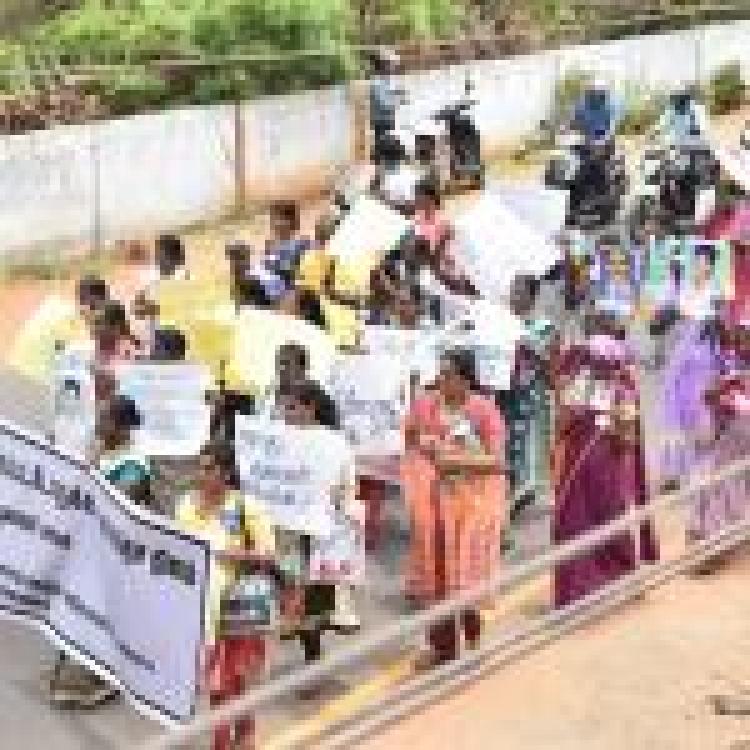Disappeared Tamils in Sri Lanka and the missing Indigenous women of Canada have both faced the horrors of “marginalization, discrimination and even genocide” said the Solidarity Campaign for Protesting Tamil Families of the Disappeared in the North-East of Sri Lanka, in a statement released on Thursday.
Highlighting the fact that “approximately 100,000 predominantly Tamil individuals have been disappeared in Sri Lanka since 1983, during and after a long armed conflict, while well over 4000 Indigenous women and girls have been missing or murdered in Canada over roughly the same time period,” the statement said that the horrors of genocide “are familiar to both”.
“And it is the strong women in both communities that continue to drive the search for truth and justice for these disappearances,” the organisation added.
Tamil women in the North-East have been protesting for over 500 days and yet “not a single case of a Tamil disappearance during the conflict has been meaningfully addressed and brought to justice,” the campaign said. Meanwhile, the Sri Lankan government’s Office of Missing Persons has been “plagued by a lack of trust of families of the disappeared, and continuing lack of political will to address disappearances”.
In Canada Indigenous women’s organisations have called for justice around disappearances for over four decades, the campaign said, with the Canadian government opening the National Inquiry into Missing and Murdered Indigenous Women and Girls in December 2015. However, the group said this too has been “plagued with issues, including delays and the recent failure of the Canadian government to adopt one of its key recommendations on beginning a national task force to review and re-open cases”.
The campaign said that it calls on “all Canadians to join us in raising their voices for these two different yet connected communities, who are still struggling on the long journey towards truth and justice for their disappeared loved ones”.
Read the full text of the statement here.

